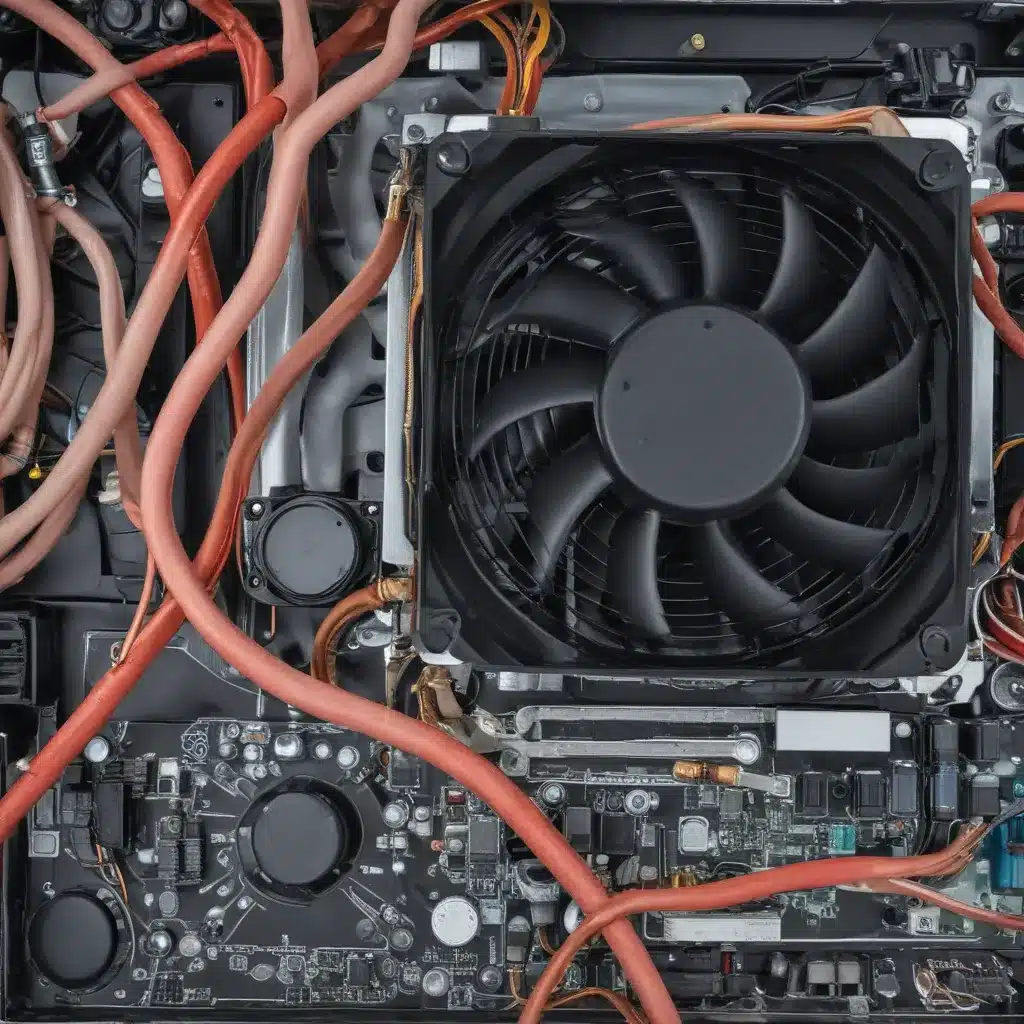Introduction
The next few years will likely see some exciting advances in artificial intelligence (AI) and machine learning technologies. As someone working in this field, I anticipate several key trends that will shape AI/ML developments in 2024. In this article, I will provide my insights on the technological breakthroughs, real-world applications, and potential risks that lie ahead. AI and ML will continue driving innovations that make our lives more convenient. However, we must also remain vigilant about the ethical implications of these rapidly evolving technologies.
Accelerating Progress in Core AI Research
Advances in Neural Networks
Innovations in neural networks – the algorithms used in deep learning – will allow AI systems to learn faster, perform better, and take on more complex tasks. We are likely to see advances in transfer learning, where knowledge gained from one problem can be applied to a different but related problem. Pre-trained models will also become more widely available, reducing the data and compute power needed to develop capable AI applications.
New AI Architectures and Techniques
Beyond neural networks, researchers will invent entirely new learning architectures for AI. For example, neuromorphic computing seeks to mimic the neural structure and signaling patterns of the human brain. New training techniques like unsupervised and self-supervised learning will reduce dependence on huge training data sets. These architectural and methodological breakthroughs will expand the capabilities of AI algorithms.
Natural Language Processing (NLP) Gets Closer to True Language Understanding
NLP has advanced tremendously, but still lacks true language understanding. The next few years may change that. I expect to see AI algorithms that can better comprehend semantics, context, nuance, and cross-referencing in text. This will improve performance on tasks like sentiment analysis, question answering, and language translation. Exciting times lie ahead for the NLP field!
Real-World AI Applications Proliferate
Autonomous Cars and Robots Become Ubiquitous
Self-driving car technology will mature enough to enable mass adoption. Autonomous taxis and delivery vehicles will begin replacing their human-operated counterparts. Similarly, robots like warehouse pickers and home assistants will become commonplace. Advances in computer vision and mobility algorithms will drive this autonomation trend. Society will increasingly trust and rely on autonomous machines working alongside humans.
AI Transforms Business Operations and Decision-Making
AI will automate or augment workflows across industries. Intelligent algorithms will take over repetitive administrative and analytical tasks. Applications like customer analytics, predictive maintenance, and supply chain optimization will allow businesses to operate more efficiently. At senior levels, data-driven AI assistants will help executives make better strategic decisions.
Healthcare Leverages AI Predictions and Robotics
AI will take on a greater role in healthcare. Algorithms will analyze patient data to make diagnoses, predict outcomes, and recommend treatments. Patients will rely more on home-based AI assistants and sensors for continuous monitoring. Robotics and computer vision will enable remote surgeries and automated lab tests. AI will enhance doctor capabilities, improve patient outcomes, and reduce healthcare costs.
Concerns Around AI Ethics and Safety
Risk of Worsening Biases and Inequality
If not developed carefully, AI systems can further entrench societal biases around gender, race, income level, and so on. Insufficiently diverse data sets and teams increase the risk of biased outcomes. Prioritizing AI ethics and equitable access will be crucial to mitigating this risk.
Possibility of Malicious Uses and Cybersecurity Breaches
As AI becomes more powerful in capabilities like generating text/audio and identifying vulnerabilities, we face risks of coordinated disinformation campaigns and cyberattacks. Tech companies and governments will need to invest heavily in cybersecurity and content moderation around AI. Strict regulation and enforcement may prove necessary.
Existential Threat from Advanced AI?
There are long-term concerns that super-intelligent AI could one day exceed human capabilities and no longer act according to our goals. Scientists are investigating how to make AI systems robust, interpretable, corrigible, and aligned with human values. Though an existential threat seems unlikely in the near future, the safety of more advanced AI is worth considering proactively today.
The Road Ahead for AI
The next few years promise to be an immensely exciting period for artificial intelligence. While AI will likely generate both amazing benefits and some risks, I am optimistic that researchers, companies, governments, and society will work together responsibly to steer these technologies for the collective good. If developed thoughtfully, AI can dramatically improve human life in so many ways. I look forward to this coming wave of AI progress and participating firsthand in the innovations ahead!













